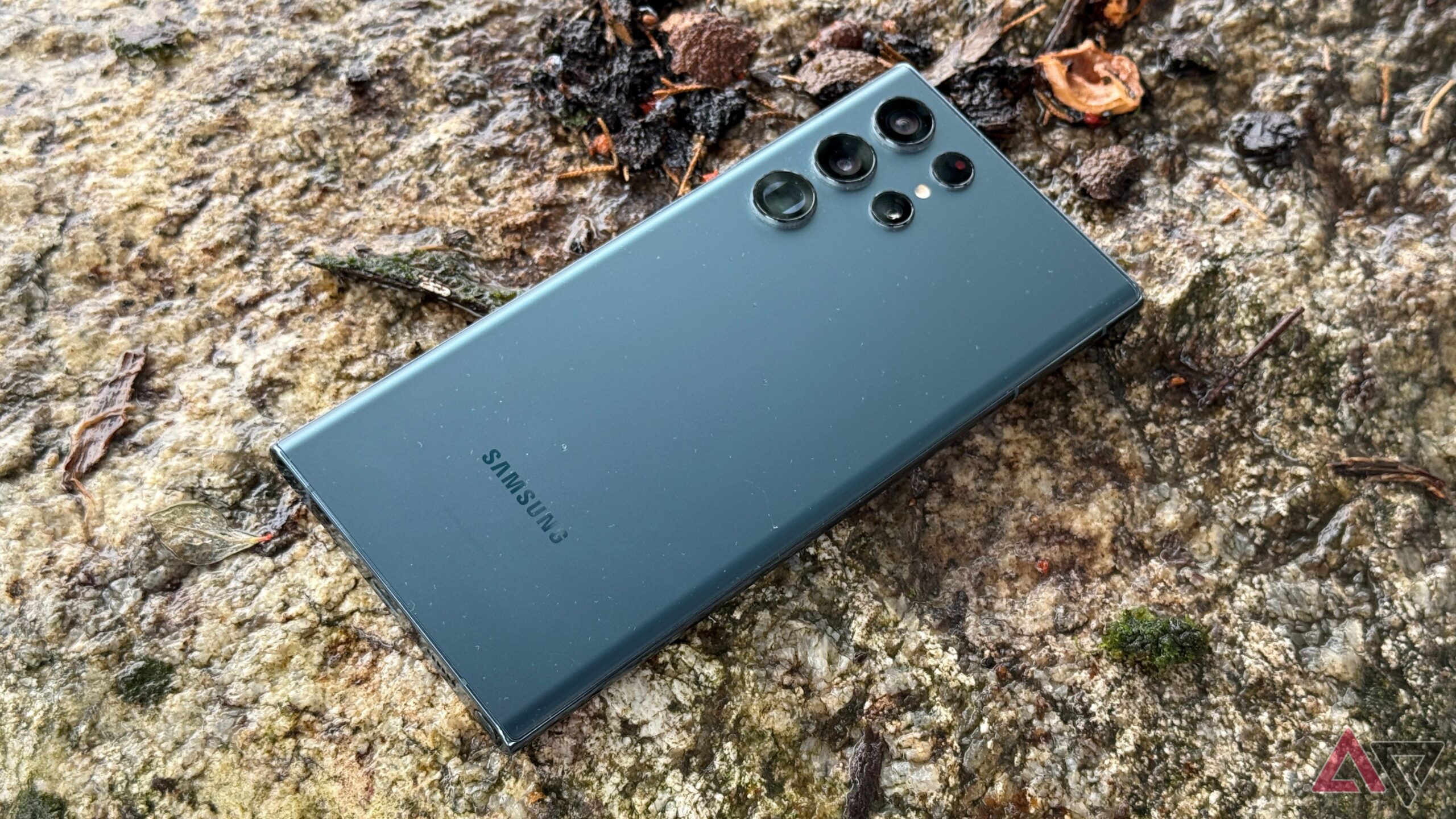
elon musk tries to make apple and Elon Musk’s SpaceX is positioning itself to disrupt the mobile telecommunications landscape with a significant acquisition that could make Apple and major mobile carriers reconsider their current partnerships.
elon musk tries to make apple and
SpaceX’s Strategic Acquisition
In a bold move, SpaceX has entered into a $17 billion deal to acquire spectrum licenses from EchoStar. This acquisition is poised to enhance the capabilities of Starlink satellites, enabling them to deliver improved service to smartphones. The implications of this deal extend beyond mere technical enhancements; they may also prompt major corporations to reassess their existing alliances with Starlink’s competitors.
The Spectrum Deal
The spectrum licenses in question include EchoStar’s AWS-4 and H-block spectrum licenses, which grant SpaceX rights to 50 MHz of spectrum within the 1.9 GHz and lower 2 GHz bands. This acquisition is pending regulatory approval, but if successful, it will allow SpaceX to expand its service offerings significantly. The additional spectrum will enable Starlink to provide enhanced connectivity and potentially lower latency for mobile devices.
SpaceX’s plan to launch up to 15,000 new and improved satellites for cellular service is a crucial component of this strategy. By augmenting its satellite constellation, SpaceX aims to create a robust network capable of serving millions of users worldwide. This ambitious initiative could fundamentally alter the competitive landscape of mobile telecommunications.
Implications for Major Corporations
The ramifications of SpaceX’s acquisition are particularly significant for major players in the mobile telecommunications industry, including AT&T and Verizon. Both companies have relied on satellite company AST SpaceMobile for their satellite connectivity solutions. However, with SpaceX’s enhanced capabilities on the horizon, these companies may need to reevaluate their partnerships.
AT&T and Verizon’s Dilemma
AT&T and Verizon have invested heavily in their collaborations with AST SpaceMobile, which aims to provide satellite connectivity to mobile devices. However, the prospect of SpaceX’s improved satellite service raises questions about the long-term viability of these partnerships. If SpaceX can deliver superior service at competitive prices, AT&T and Verizon may find themselves at a disadvantage.
Moreover, the potential for SpaceX to offer direct-to-device connectivity could disrupt the existing business models of these telecommunications giants. The ability to bypass traditional infrastructure and provide connectivity directly from satellites could lead to a paradigm shift in how mobile services are delivered.
Apple’s Position
Apple’s involvement in this evolving landscape is also noteworthy. The tech giant has reportedly faced internal dissent regarding its partnership with Globalstar, a satellite company that provides connectivity solutions. With SpaceX’s advancements on the horizon, Apple may have additional reasons to reconsider its decision to partner with Globalstar rather than entertain an offer from Elon Musk.
Internal Dissent at Apple
Reports suggest that some within Apple are questioning the wisdom of its partnership with Globalstar, particularly in light of SpaceX’s aggressive expansion plans. The potential for improved service through Starlink could make Apple’s current strategy seem less favorable. As the competitive landscape shifts, Apple may find itself under pressure to adapt its approach to satellite connectivity.
The Competitive Landscape
The mobile telecommunications industry is no stranger to disruption. The introduction of 5G technology has already transformed how consumers access mobile services, and the potential for satellite-based connectivity adds another layer of complexity. SpaceX’s advancements could accelerate this transformation, leading to increased competition among existing players.
Potential for Market Disruption
As SpaceX moves forward with its plans, the potential for market disruption becomes increasingly apparent. The combination of enhanced satellite capabilities and a growing constellation could allow SpaceX to offer services that are not only faster but also more reliable than those currently available. This could lead to a shift in consumer preferences, as users gravitate toward providers that offer superior connectivity.
Additionally, the prospect of direct-to-device connectivity could attract a new segment of customers who prioritize seamless mobile access in remote or underserved areas. This could further erode the market share of traditional telecommunications providers, forcing them to innovate or risk obsolescence.
Regulatory Considerations
The acquisition of spectrum licenses is not without its challenges. Regulatory approval is a critical step that SpaceX must navigate to finalize the deal with EchoStar. The Federal Communications Commission (FCC) will likely scrutinize the acquisition to ensure that it aligns with national interests and promotes competition within the telecommunications sector.
Impact of Regulatory Approval
If the FCC grants approval, SpaceX will gain a significant advantage in the race to provide mobile connectivity via satellite. However, if the deal faces opposition or delays, it could hinder SpaceX’s plans and allow competitors to maintain their current positions. The regulatory landscape will play a crucial role in determining the pace and success of SpaceX’s expansion into mobile telecommunications.
Stakeholder Reactions
The reactions from stakeholders within the telecommunications industry have been mixed. While some view SpaceX’s acquisition as a game-changer, others express concern about the potential for increased competition. Executives at AT&T and Verizon may be particularly wary of the implications for their existing business models.
Industry Experts Weigh In
Industry experts have noted that SpaceX’s entry into the mobile telecommunications space could lead to a more competitive environment, ultimately benefiting consumers. The prospect of lower prices and improved service quality is appealing, but it also raises questions about the sustainability of existing partnerships.
Furthermore, analysts suggest that SpaceX’s advancements could prompt traditional telecommunications companies to accelerate their own innovation efforts. In a bid to remain competitive, AT&T and Verizon may need to invest in new technologies or explore alternative partnerships to enhance their service offerings.
Conclusion
Elon Musk’s SpaceX is poised to make a significant impact on the mobile telecommunications landscape with its acquisition of spectrum licenses from EchoStar. The potential for improved service through Starlink satellites could lead major corporations like Apple, AT&T, and Verizon to reconsider their current partnerships. As the regulatory process unfolds, the implications of this acquisition will become clearer, but one thing is certain: the competitive landscape is set to evolve dramatically in the coming years.
Source: Original report
Was this helpful?
Last Modified: October 6, 2025 at 5:36 pm
1 views















